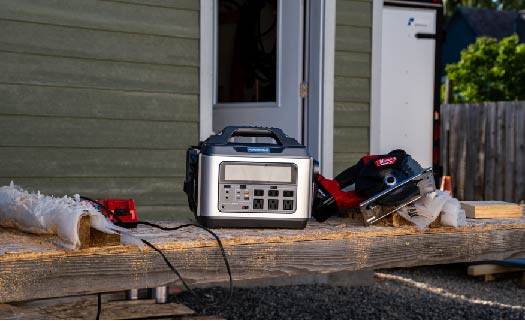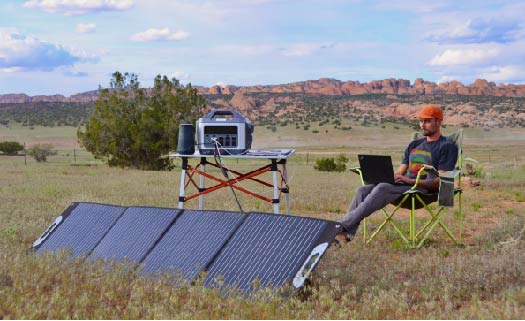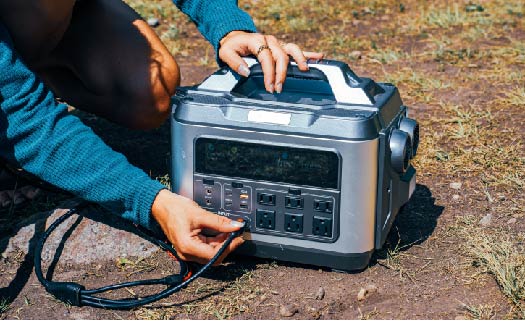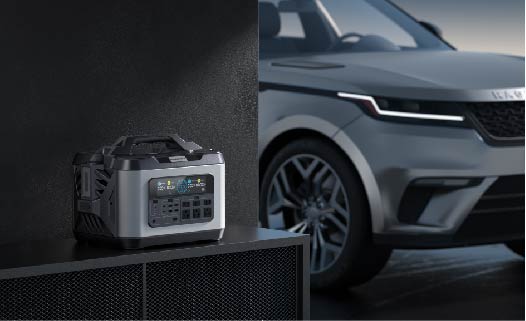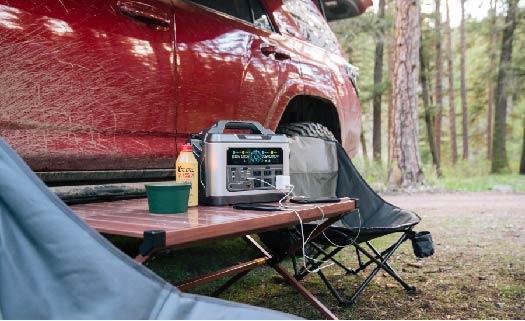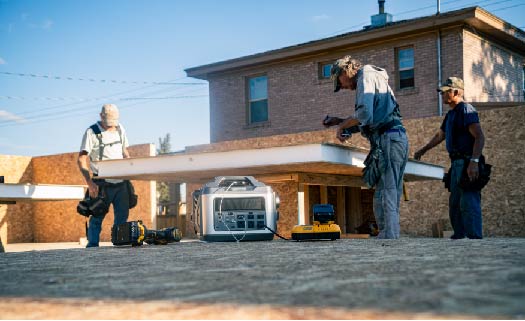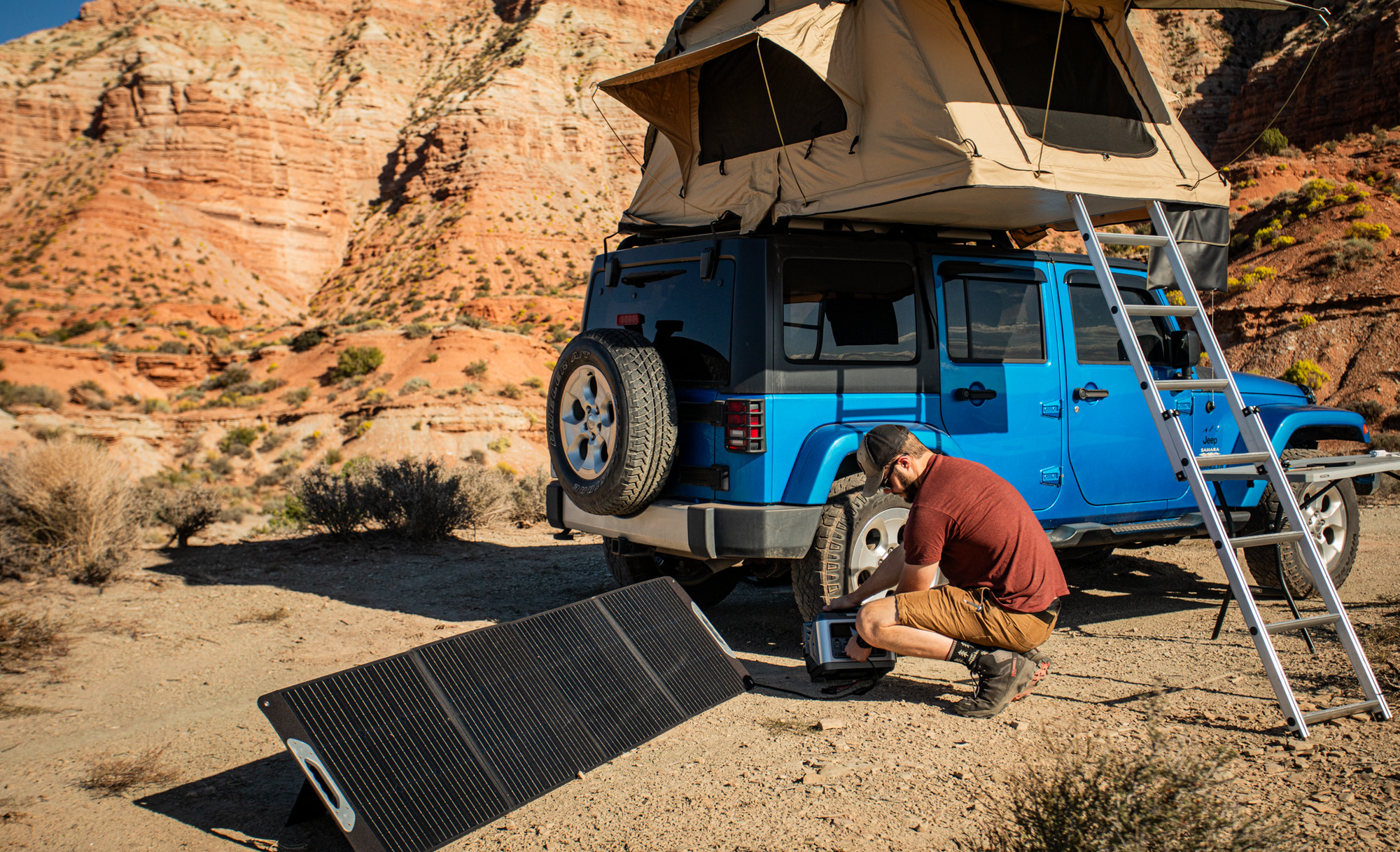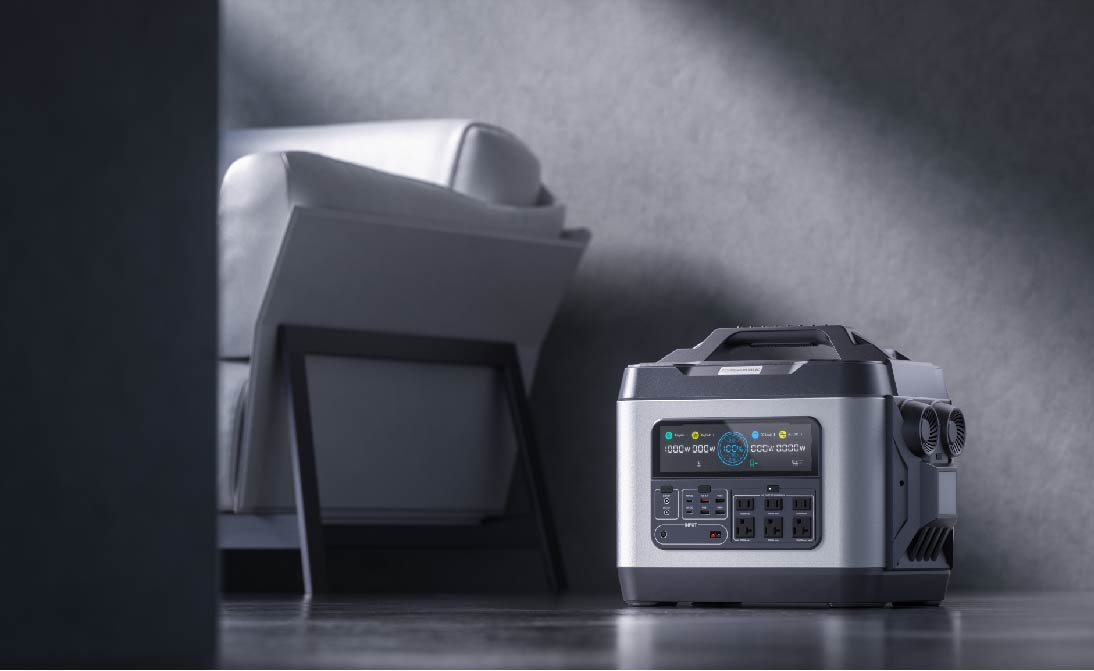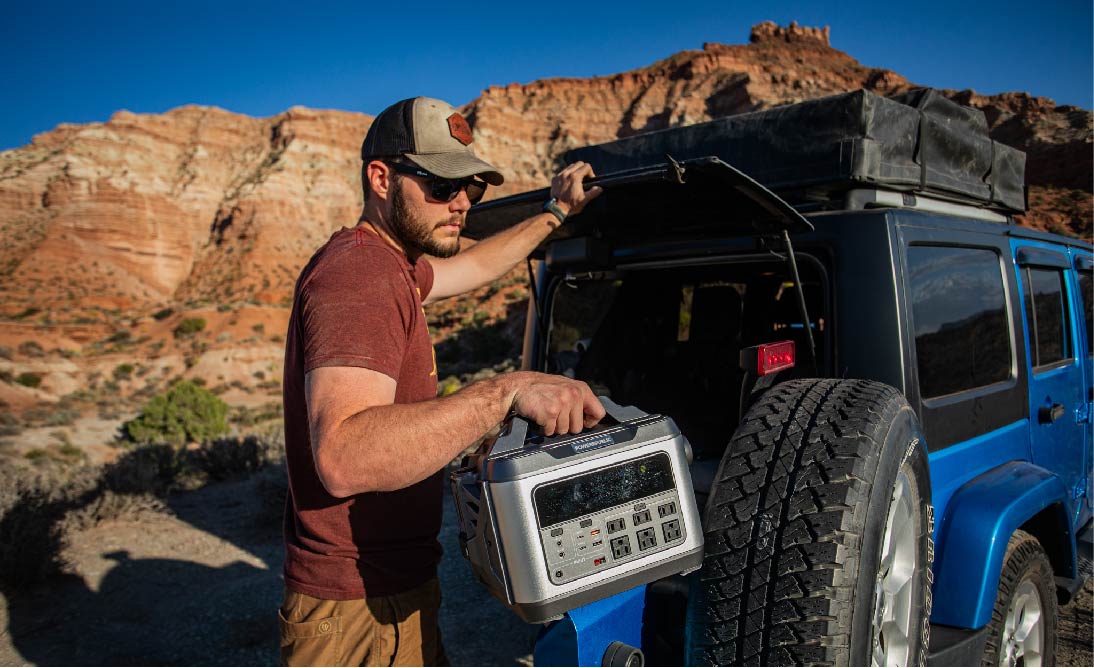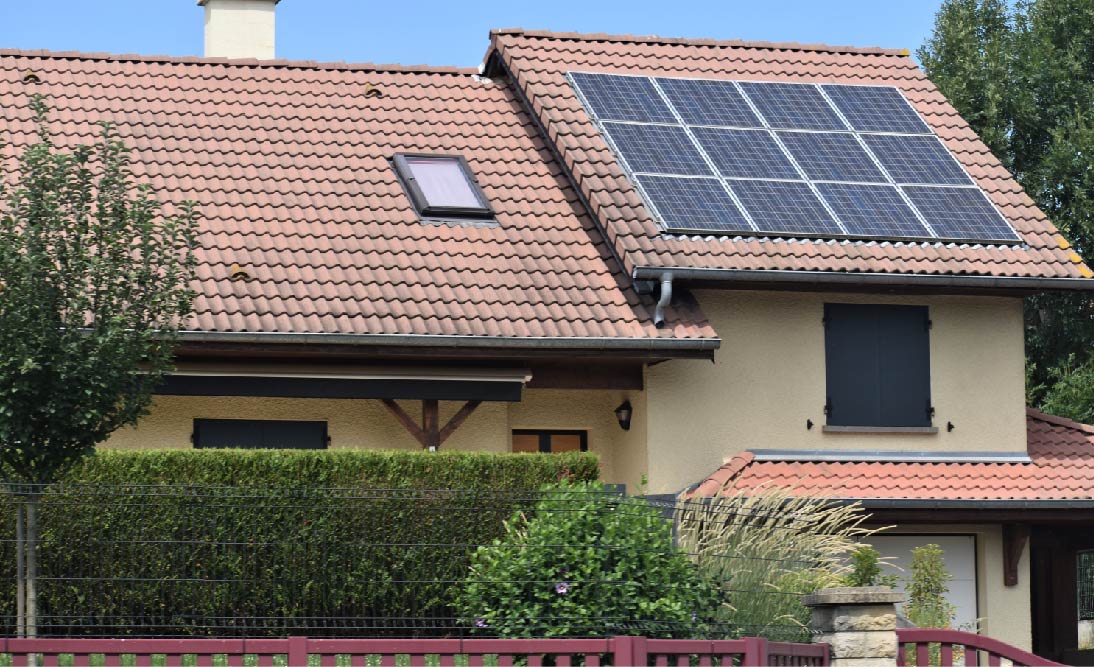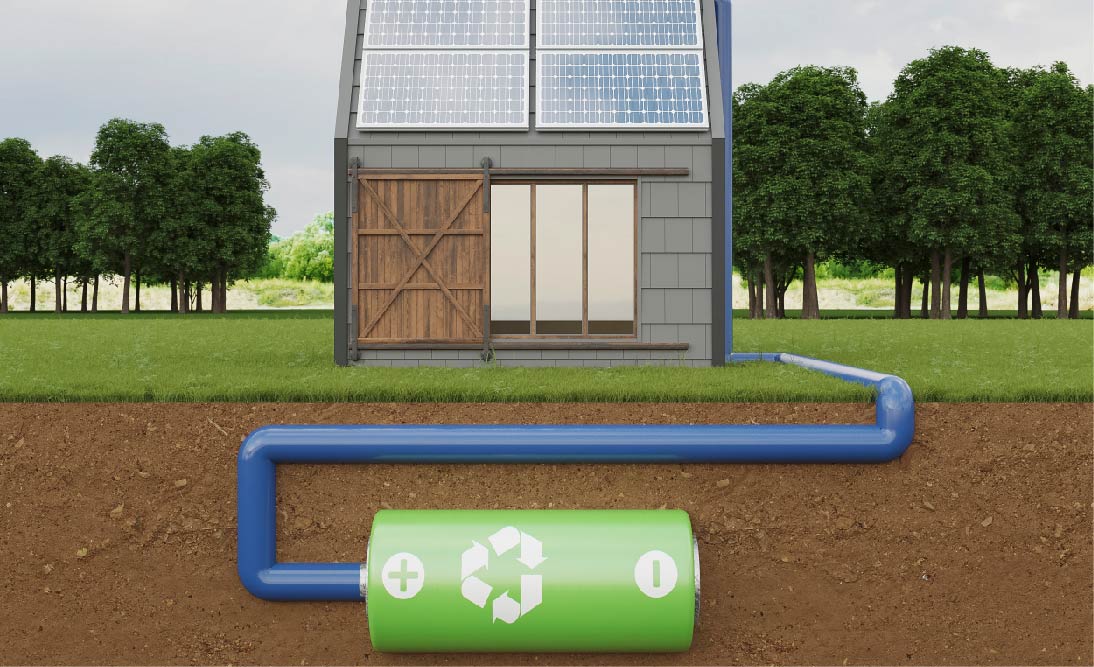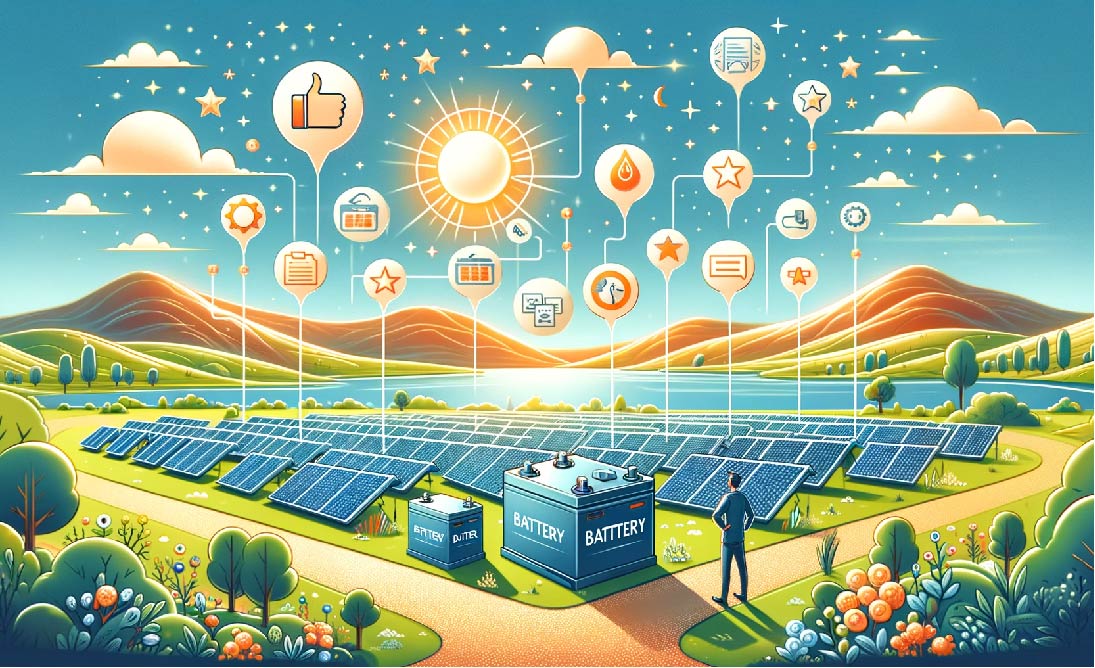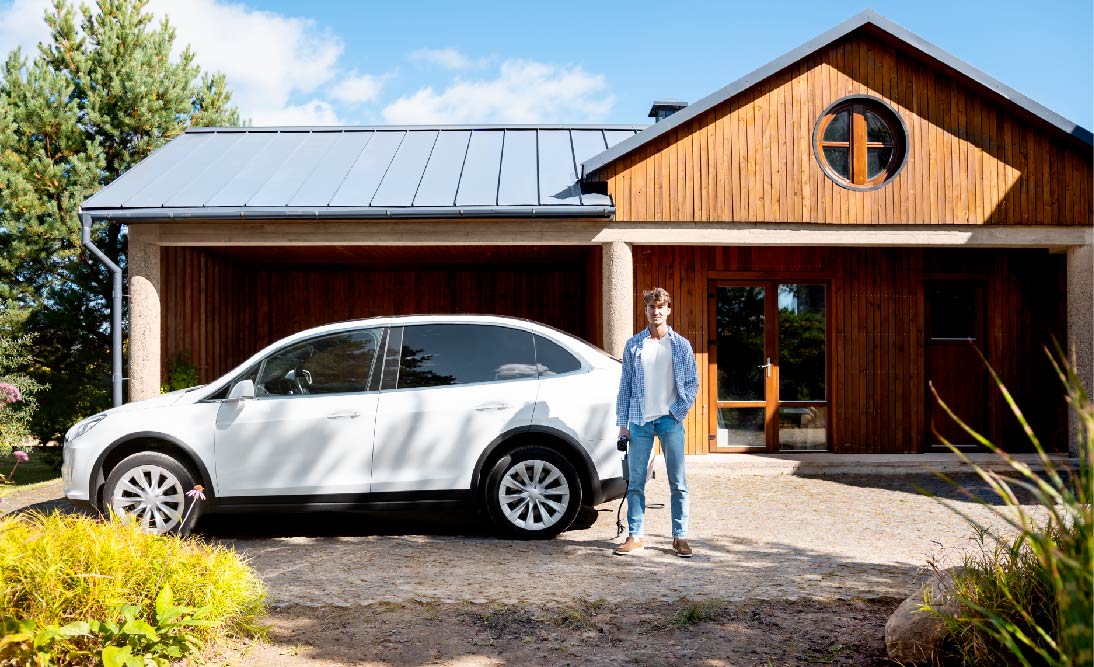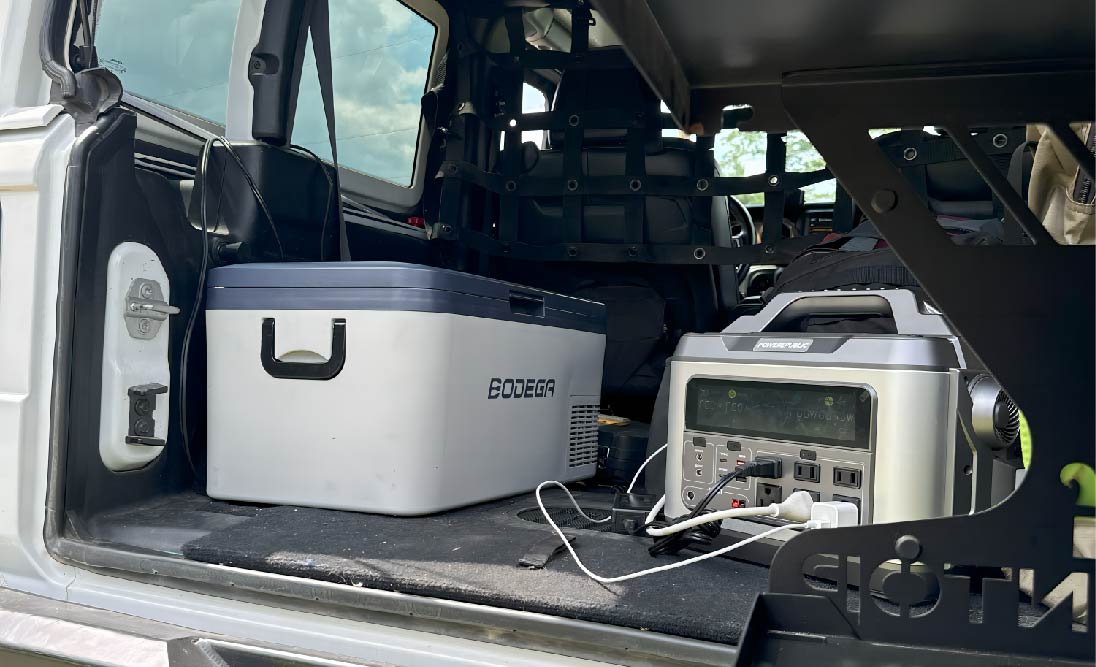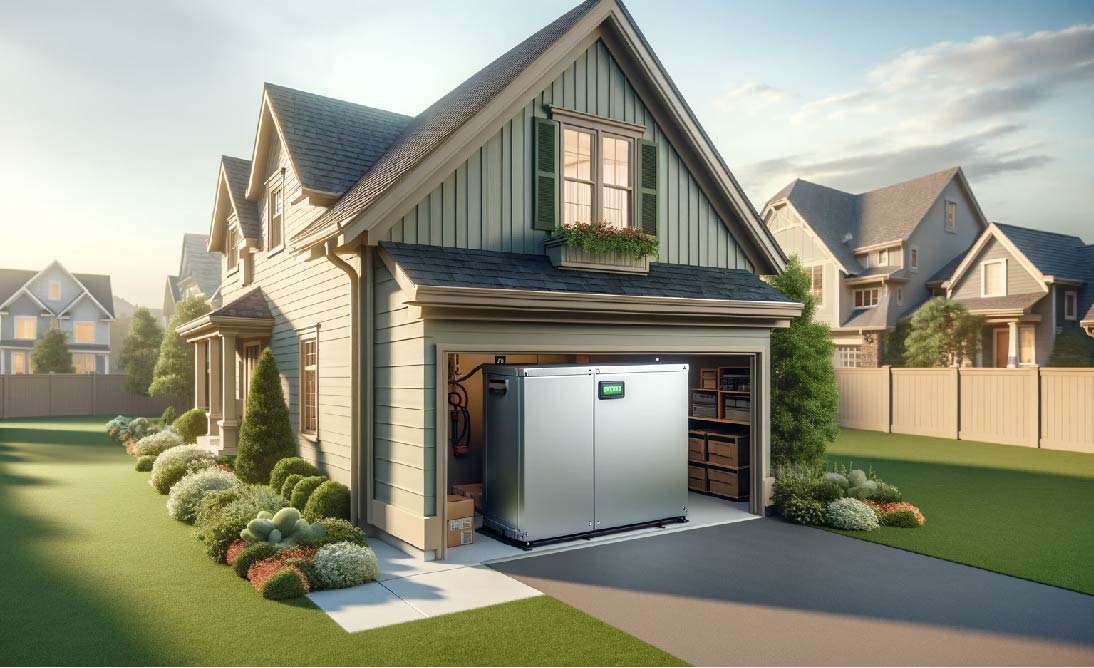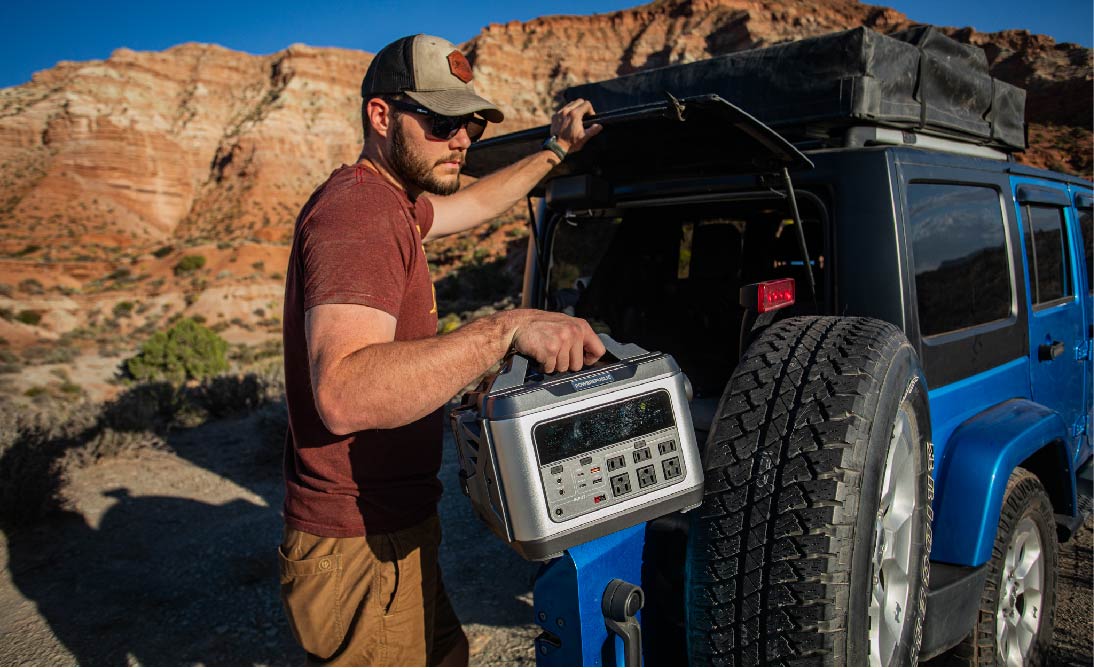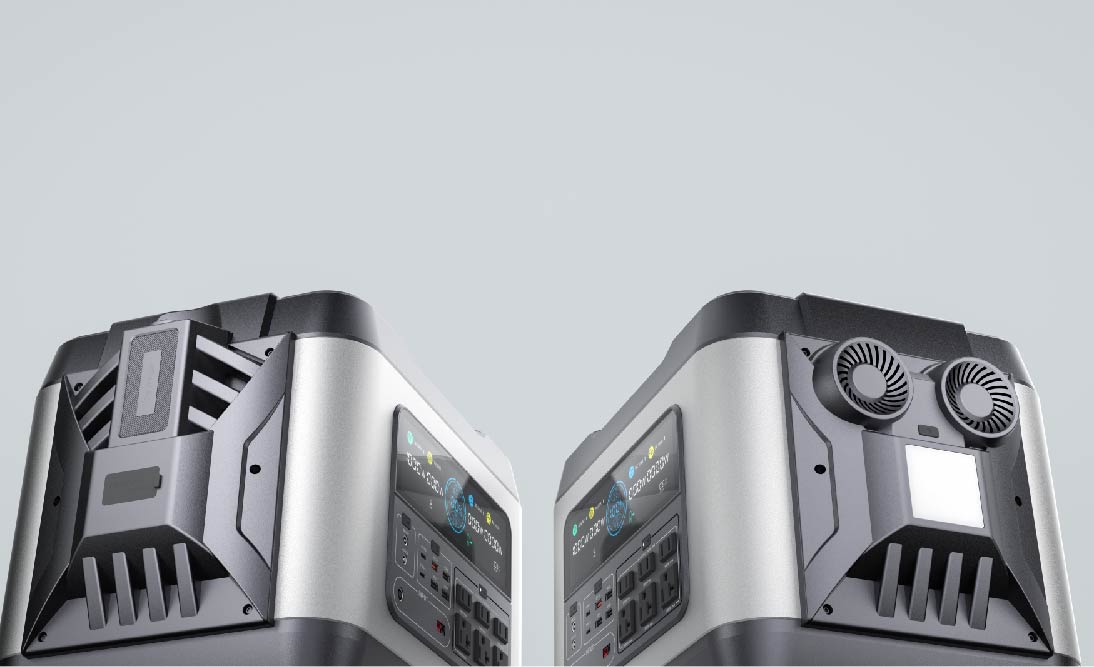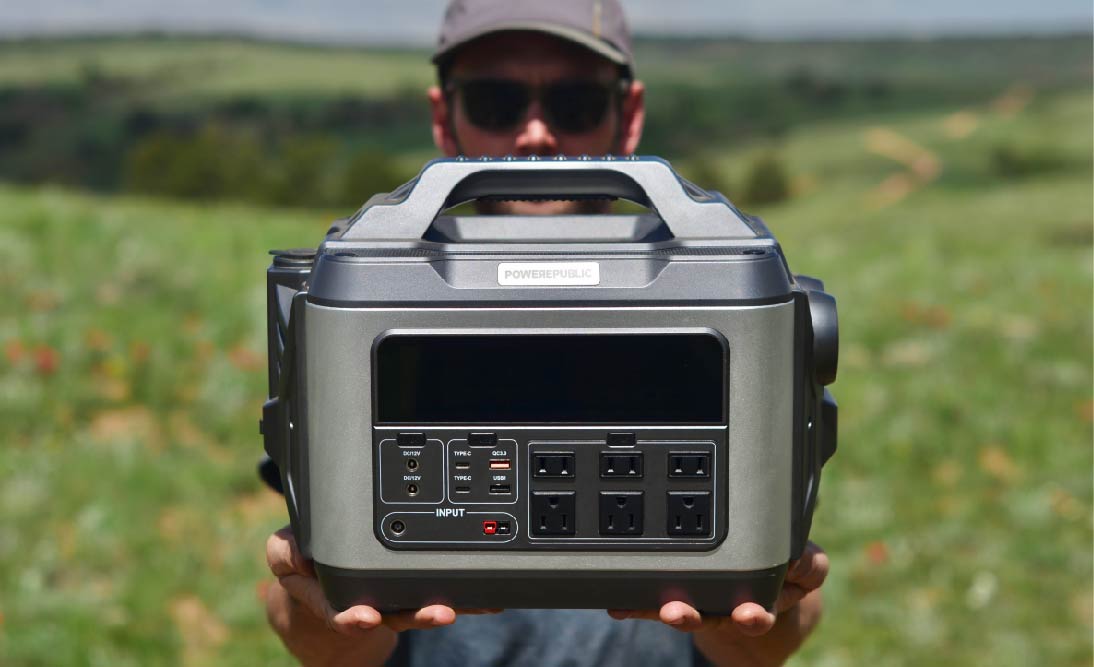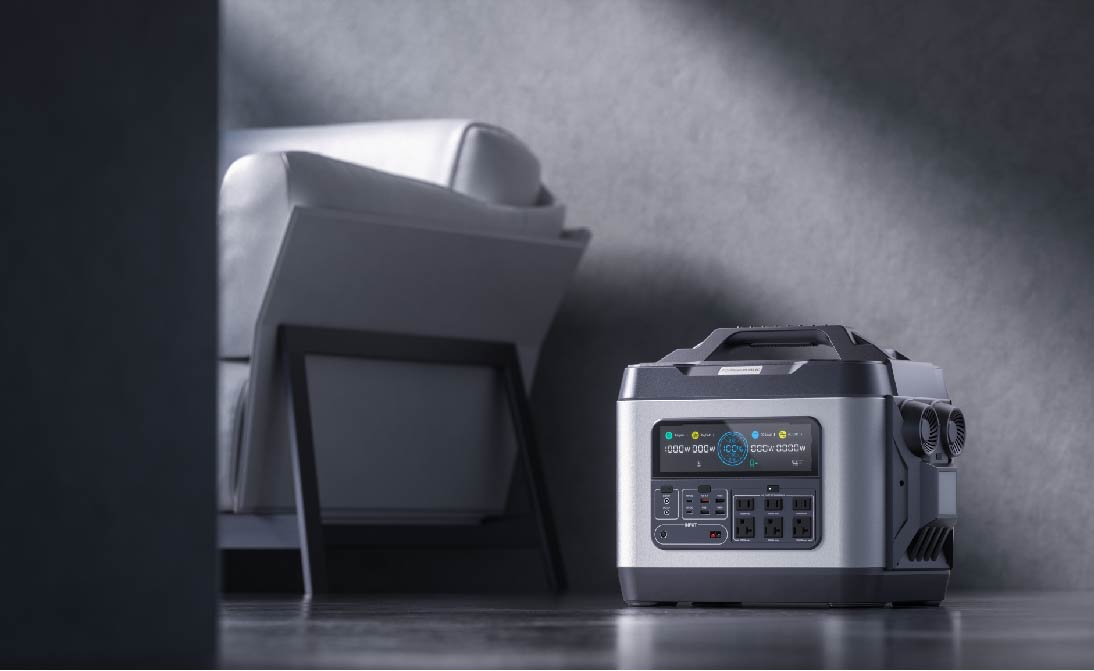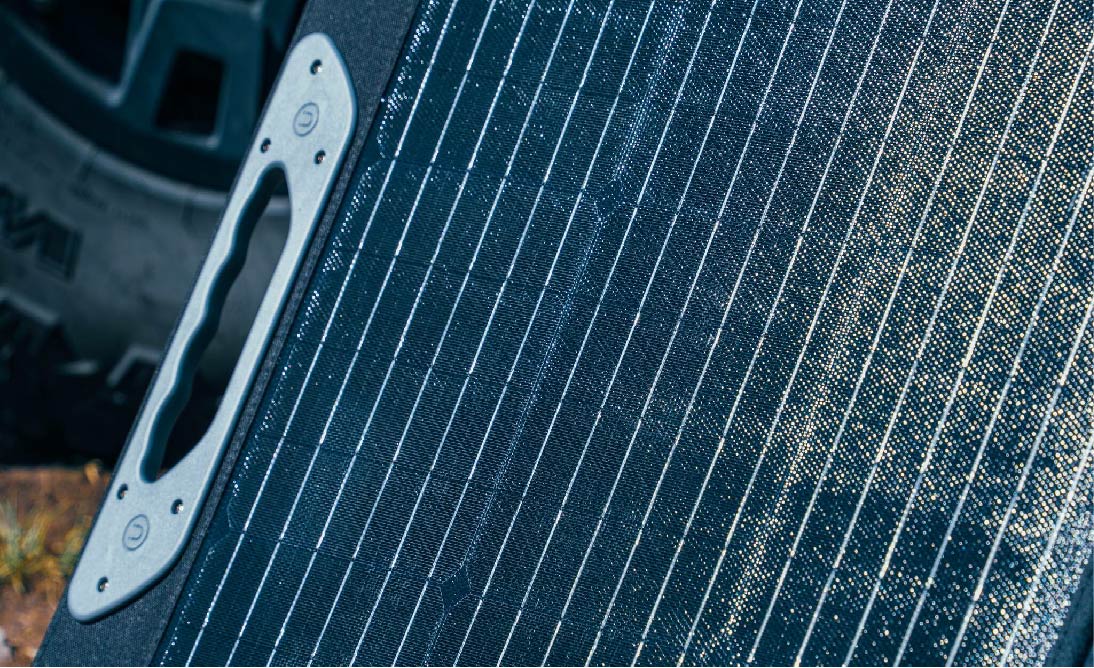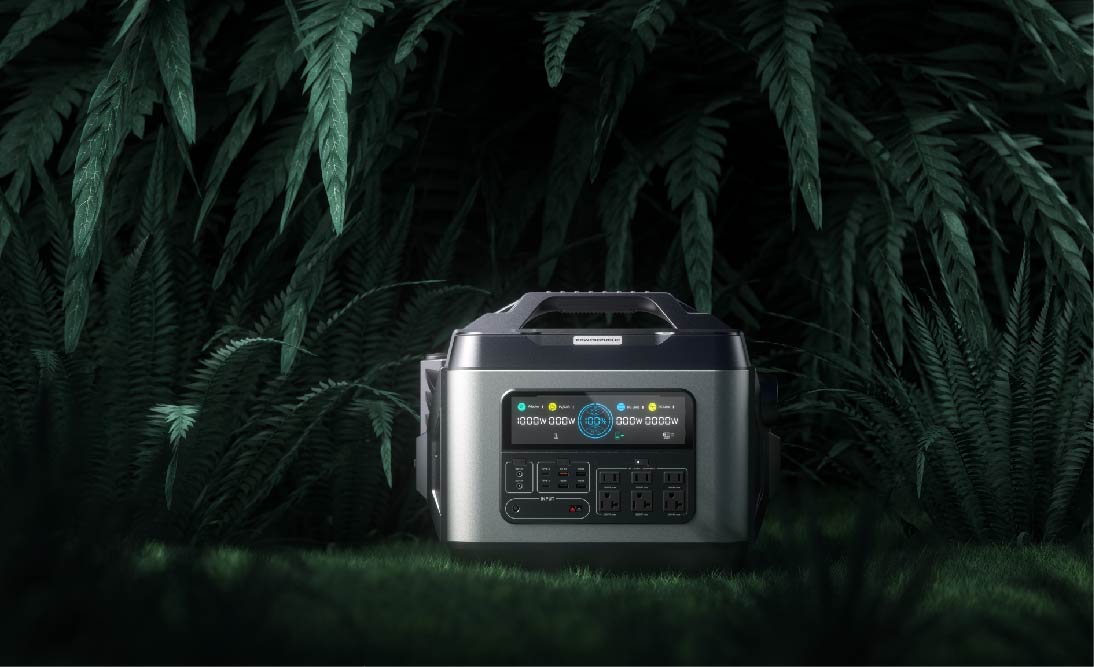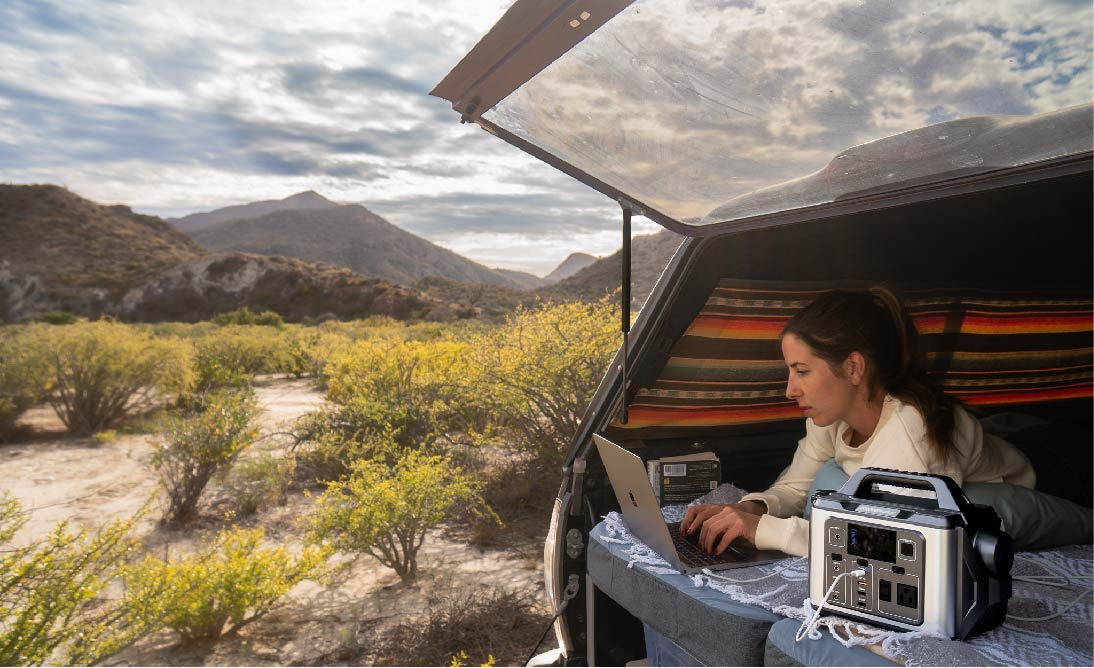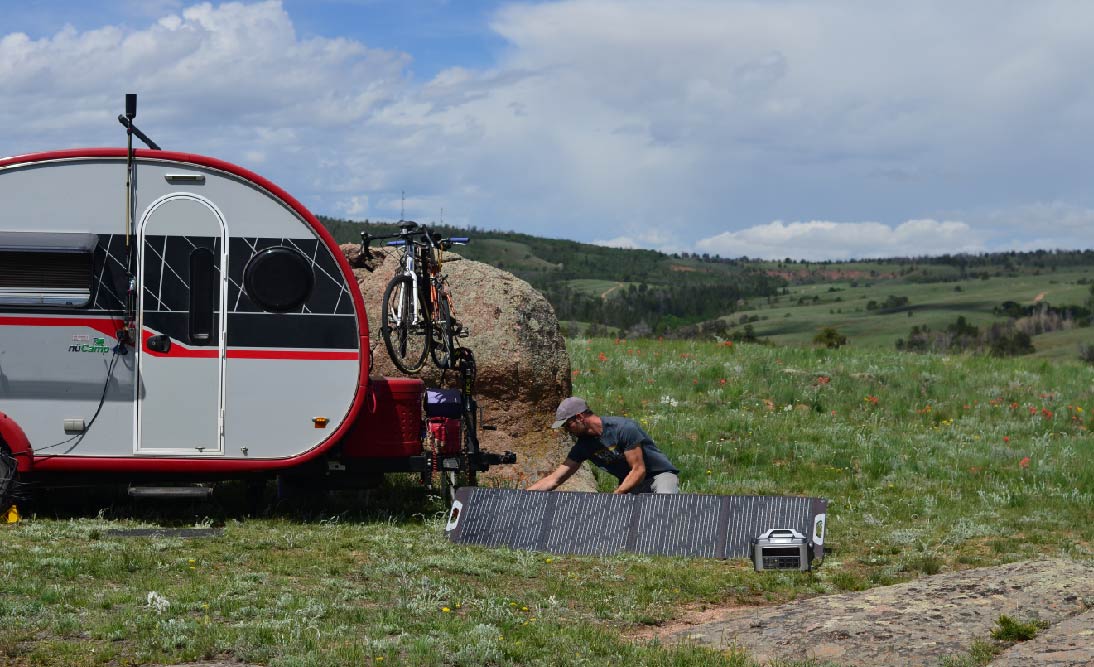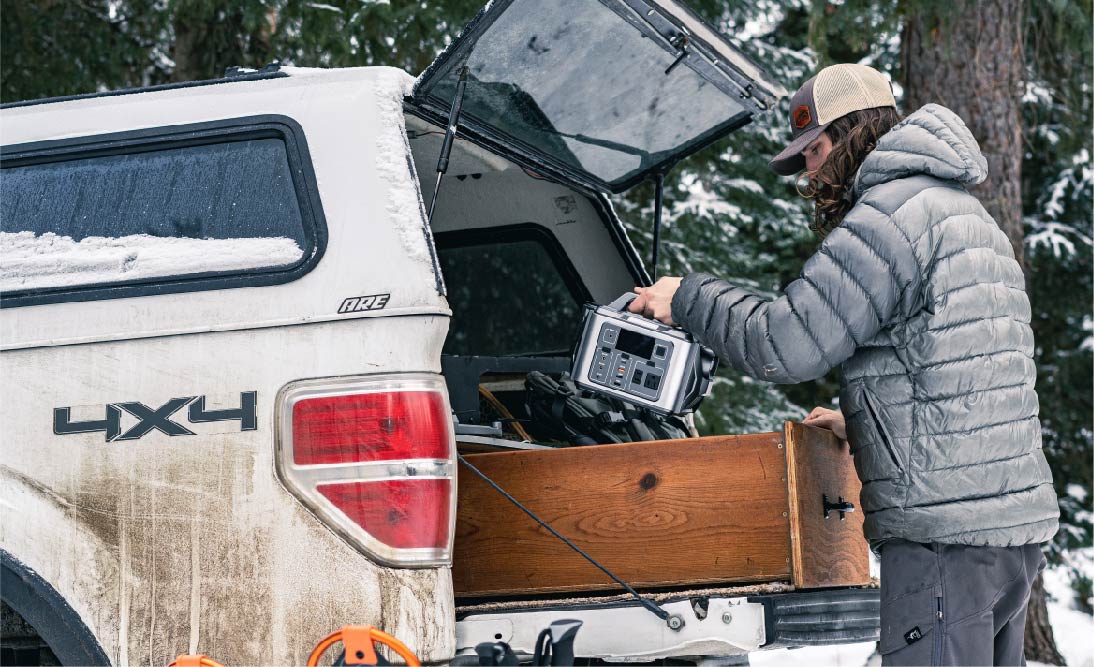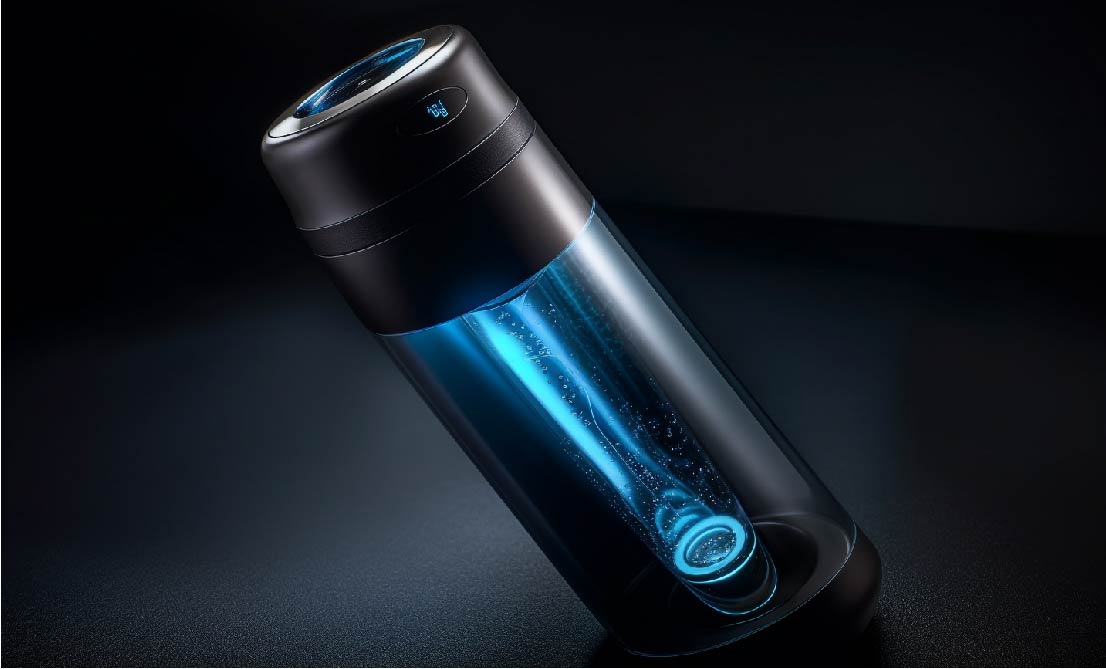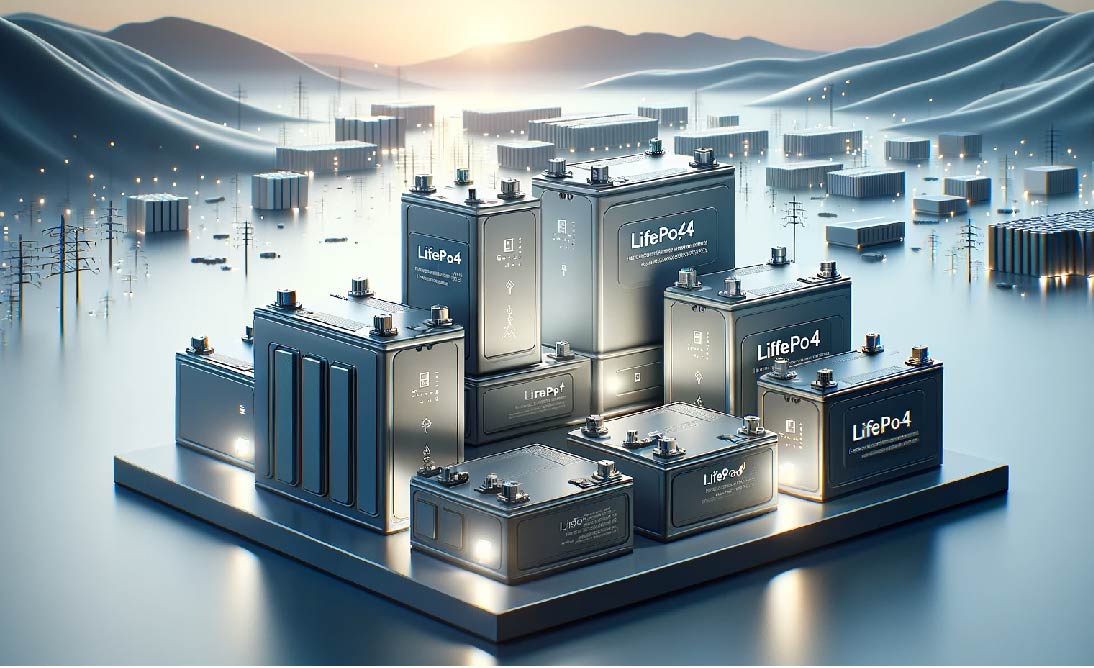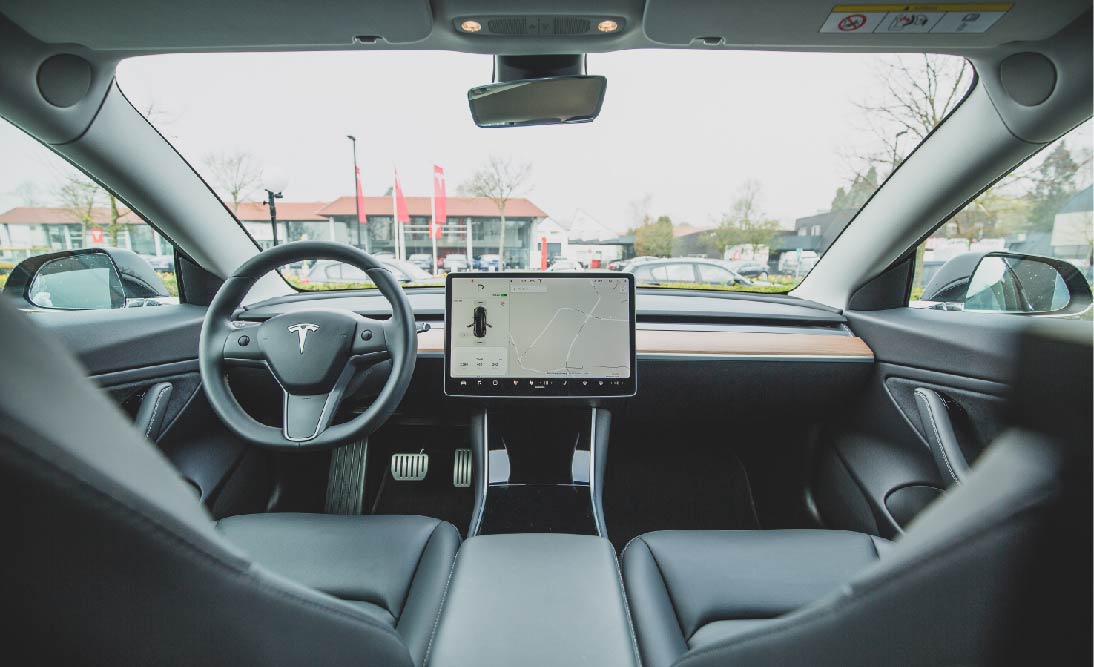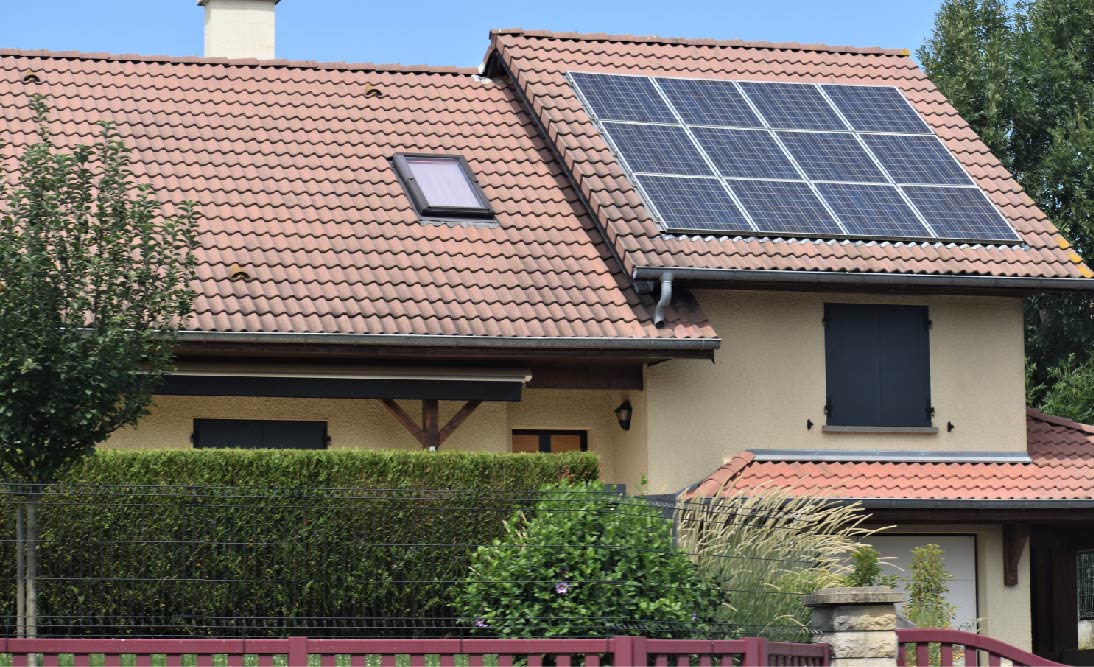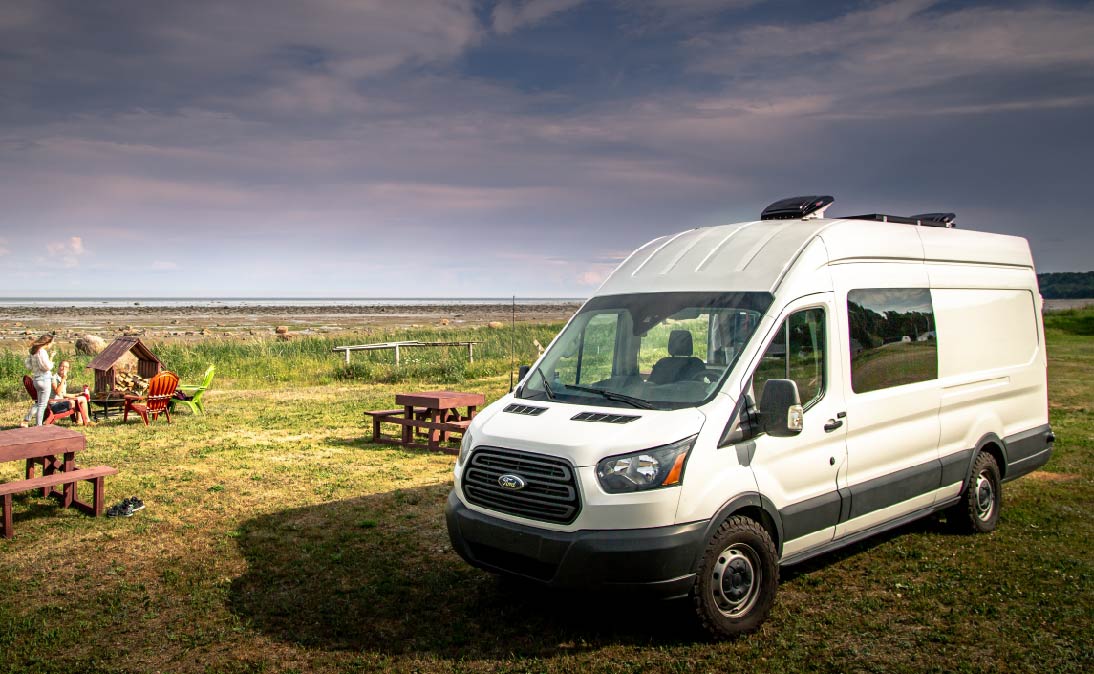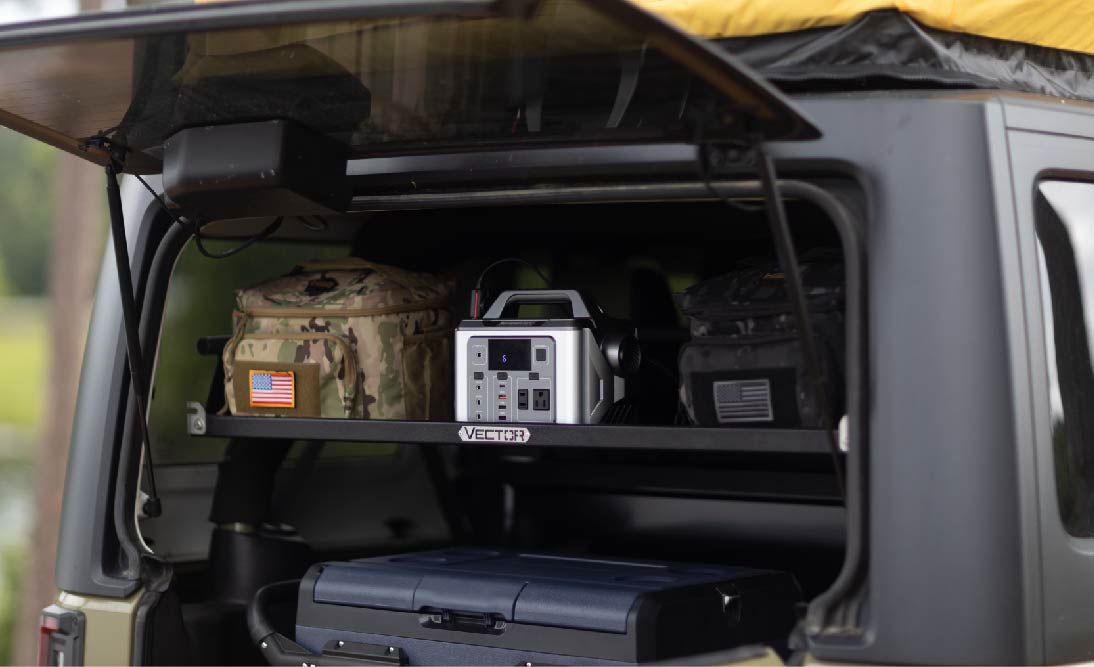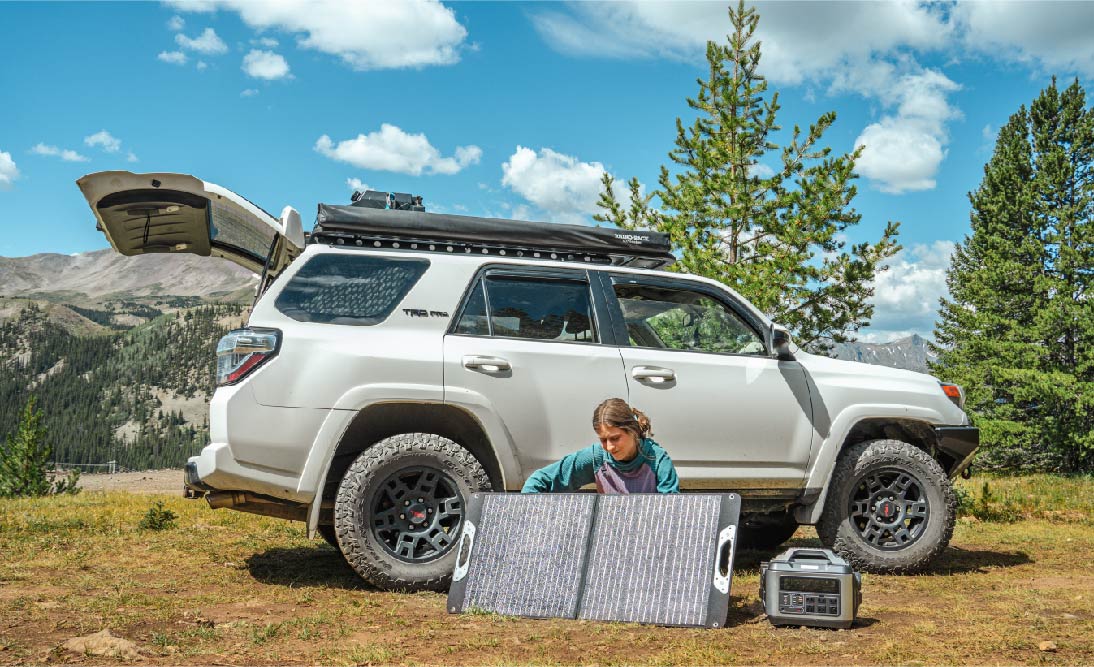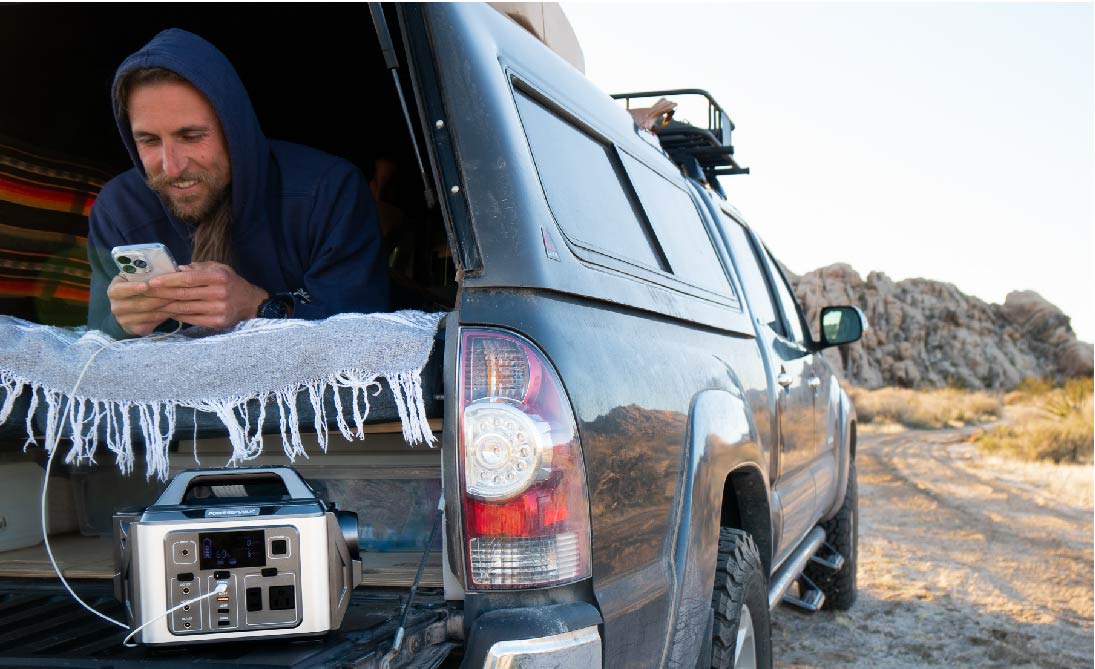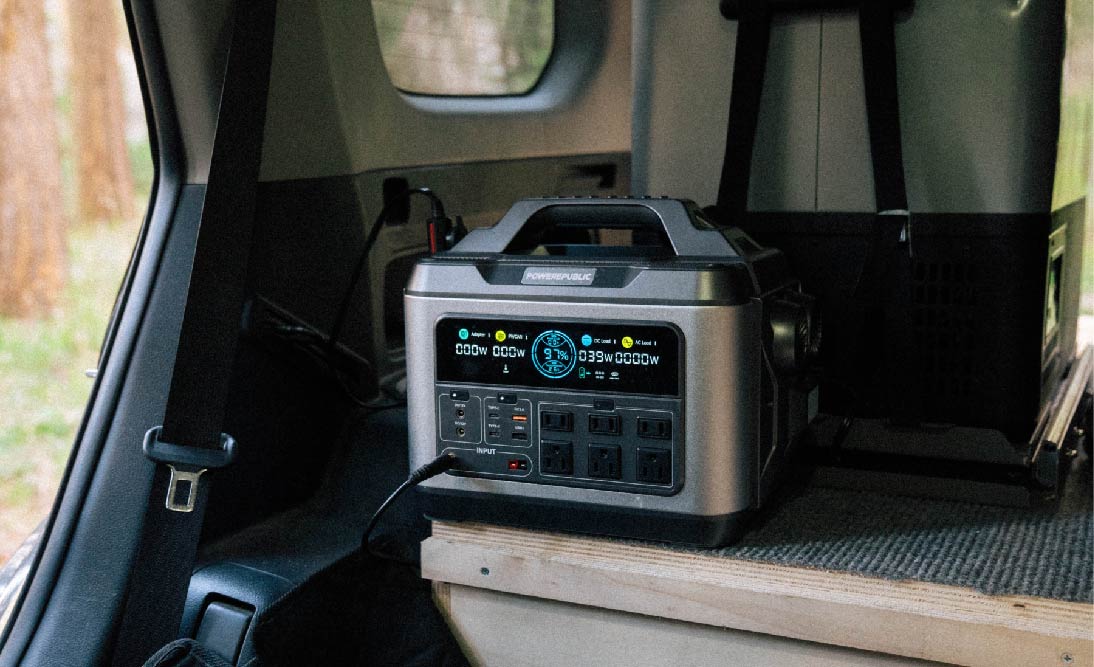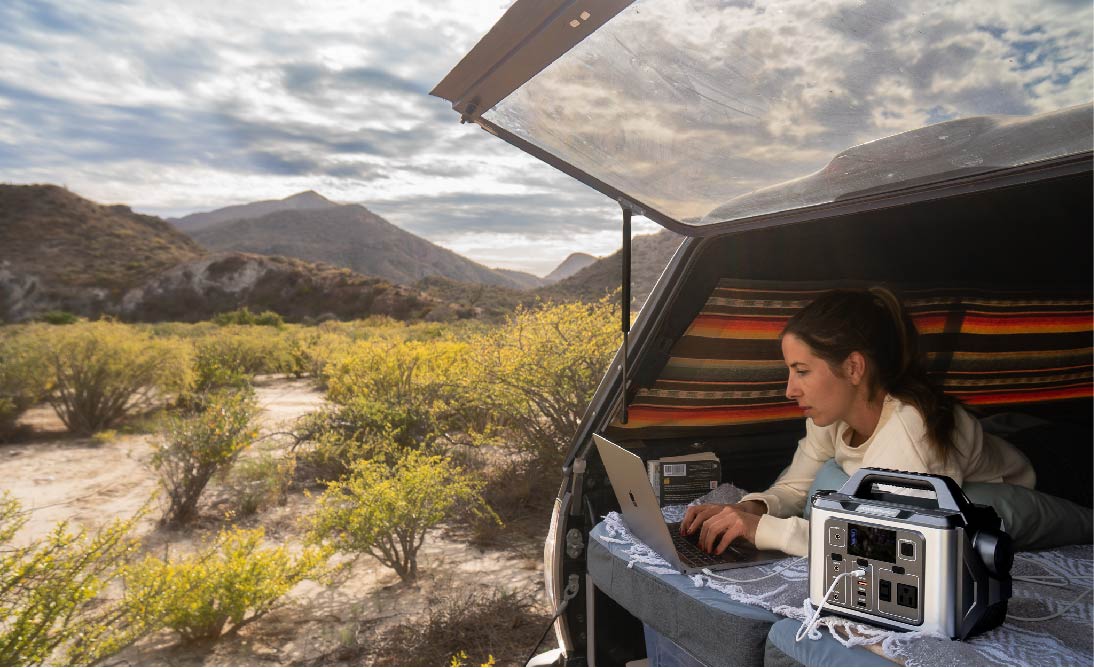Table Of Contents:
Today, solar generators have gained immense popularity among outdoor enthusiasts for providing reliable power sources to run devices and appliances during outdoor adventures. They are compact and portable, making them ideal to carry.
We all know that using the battery while charging it is not recommended as it will damage its lifespan, making it decay faster. When it comes to solar generators, one similar question would be whether I can use them while charging them at the same time. The answer isn't a straightforward 'yes' or 'no'.
Most solar generators can be used while charging at the same time without a doubt. However, if you value the lifespan of the batteries and want to use solar generators for a longer time, we recommend DO NOT use them while charging them.
In this article, we will give a brief explanation of “Can I use a solar generator while charging it?” Let’s dive into it.
A Short Intro: What’s A Solar Generator?

In short, by connecting portable power stations to (portable)solar panels, together they become solar generators, rechargeable and portable lithium-ion batteries.
Solar generators consist of four main components:
-
Solar panels: Harshness the energy from the sun, and convert the solar energy into direct current(DC).
-
Lithium-ion battery packs: The electricity generated from the solar panels is stored in the battery packs.
-
A charge controller: Monitors the amount of power and prevents overcharging if the voltage gets too high.
-
An inverter: converts the direct current(DC) into alternative current(AC) for your appliances and devices later on.
After knowing the fundamental components, let us go ahead and talk about how solar generators work.
The solar panels will harness the sun's energy continuously and store it in lithium-ion battery packs for later use. When you intend to use solar generators to power your devices and appliances, the inverter will convert the direct current (DC) into alternating current (AC) and deliver it to your devices and appliances.
On one hand, the solar panels will continuously adsorb sun energy and store it in the battery packs until the portable power station is fully charged. On the other hand, the devices will consume the energy from the power station until the battery capacity drains out. In this way, the solar generator can be used while it is charging.
Furthermore, it’s important to note that the charging time will be longer if you’re using the solar generator while it’s being charged, as the devices consistently consume the battery. Also, weather conditions are important as they will affect the charging times of solar generators. If the devices consume the battery a lot faster than the charging rate of solar panels, the battery level of your portable power stations will still drop down.
To increase the charging rate, you can also connect several solar panels for higher input. This approach is called parallel charging. However some solar generators do not support parallel charging, so make sure to read the user manual carefully or consult the brand before doing that.
Can I Use a Solar Generator While Charging?
Yes, you can!
In most cases, you can use a solar generator while it is charging. This depends on the specific model and design. Many portable solar generators with built-in batteries and larger solar generator systems allow simultaneous charging and usage. Always refer to the user manual for your specific generator for accurate information on its capabilities.
Tips for Usage:
-
Monitor Power Levels: Keep an eye on the charge level of the battery and the power usage of connected devices to ensure optimal performance.
-
Check the User Manual: Always refer to the user manual or documentation provided by the manufacturer for specific information on the simultaneous usage and charging capabilities of your solar generator.
Pros Of Using Solar Generators While Charging
It can be beneficial for those of you who are looking to power your essentials regularly and consistently. The following are some advantages:
-
Stable And Reliable Power Supply: By utilizing a solar generator while it is being charged via a solar panel, an AC adapter, or a car charger, you can have a continuous power supply without any interruptions. That being said, you can use the solar generator to keep all your devices powered, such as your phones, laptops, heaters, mini-fridge, and forth. This can be beneficial during blackouts or in some remote campsites where electricity is not accessible or limited.
-
Minimize Downtime: This is particularly beneficial in off-grid living, during power outages, or in some remote areas where electricity is limited. You can have a reliable power source wherever you go and put your mind at ease.
-
Increased Power Output: When using a solar generator while it is being charged, you can combine the power of the solar panels and the lithium-ion batteries. By doing this, you will enjoy a higher power output, allowing you to charge multiple devices simultaneously.
Cons Of Using Solar Generators While Charging
While using solar generators while charging offers several advantages, there are a few considerations and potential drawbacks.
-
Slower Charging: Using a solar generator while it is being charged will slow the charging process. This is because some portion of the solar energy is consumed directly by the devices and appliances, reducing the amount of energy stored in lithium-ion battery packs.
-
The Lifespan Of The Batteries: Lithium-ion batteries have their lifespan and will decay to 80% of their original capacity after using them for 6 to 12 months. Charging while using solar generators will speed up the battery to decay, making them less durable to power the same devices and appliances. You will see a decrease in working time.
-
Compatibility Challenges: Not all solar generators support simultaneous use while charging. Some models may not have the ability and capacity to handle both tasks at the same time. It's important to read the user manual carefully to ensure compatibility and proper operation.
-
Maintenance Considerations - Excessive Heat: Using a solar generator while charging may generate additional heat. This could potentially lead to higher operating temperatures, requiring proper ventilation and cooling measures to prevent overheating and ensure the overall lifespan of the generators.
Tips for Properly Maintaining Solar Generators

After knowing the pros and cons of using solar generators while charging, here are some tips to help you take good care of your solar generators and get the most out of them.
-
Take Proper Care: Clean the solar panels to maximize the efficiency. If the surface of the panels is covered with dust, please use a dry cloth, a soft brush, or a non-abrasive sponge to clean the surface softly to avoid damaging the PV cell on the surface. In some cases with dirt like birds popping, you will have to use water, sometimes, vinegar, to clean the surface softly. Remember to dry the surface of the solar panel after cleaning it.
-
Adjust The Angle: Solar panels work best when they are exposed directly to the sun. Most portable solar panels have 2 or more 45-degree angle stands, making them facing the sun in a perfect direction.
-
Keep An Eye On Battery Level: To prolong the lifespan of the lithium-ion battery, maintain the battery level between 20 to 80 percent. That means, charging the battery when the capacity drops to 20% and stopping charging it when the battery level is around 80%. By doing this, you can use the battery longer.
-
Regulate Temperature: The temperature of the lithium-ion battery packs can be very high during operation or charging. So when charging the solar generators, put the portable power station in the shade or behind the solar panels to avoid overheating. This will prolong the overall lifespan of the portable power station.
Some Other Frequently Asked Questions
Solar generators offer versatility and functionality for powering a variety of devices and appliances, making them an ideal choice for camping, outdoor events, and emergencies. The following are some other frequently asked questions about using a solar generator.
Q1: Can I power a TV using a solar generator?
Yes, you can!
Solar generators are an excellent option for outdoor activities, off-grid lives, RV lives, and so forth. Depending on the output power and the battery capacity of the solar generator, you can both power a large-screen TV at home or a mini TV in your van.
Make sure to check the power of the TVs to see if it falls into the rated output of the solar generator so that it can successfully power it. Also, to know how long a solar generator can power a TV, pay attention to the capacity(Wh) of the solar generator.
To learn more about it, click Here.
Q2: Can I power a mini-fridge using a solar generator?
The answer is Yes!
The wattage of mini-fridges varies based on cooling capabilities and manufacturer, but most of them require somewhere between 50 and 100 watts of power. The longer you want to power a mini-fridge, the higher the output power and battery capacity you will need for a solar generator.
Furthermore, if we are talking about a refrigerator, the answer may depend on the output power and battery capacity of the solar generator. As we know A typical refrigerator uses 1,000 to 2,000Wh per day. So please make sure your solar generator has enough power and capacity to handle it
To learn more about it, click Here.
Q3: Can I power a heater using a solar generator?
Yes for sure!
Usually, A heater requires a certain amount of energy to operate, the running power is around 1500W or more. That being said, you will need to figure out the right-sized solar generator to successfully power it.
The most important thing is to look at whether a solar generator has enough output power to run the heater. If the rated power exceeds the output power of the chosen solar generator, it won’t be able to power the heater. Next, pay attention to the battery capacity(Wh) of the chosen solar generator as it determines how long it can power the heater.
To learn more about it, click Here.
Final Thoughts
In conclusion, when it comes to questions like: Can I use a solar generator while charging? The answer is not just a simple Yes or No. There are more factors to consider before answering it, such as the compatibility of the solar generator, the weather conditions, the number of devices and appliances you want to power while charging, the lifespan of the lithium-ion battery packs the overall machine, and so forth. Knowing these factors will help you better understand the principle of solar generators and how to prolong their lifespan.
Furthermore, always put the generator in a dry and cool location, and follow all the instructions for maintenance. Also, remember to regulate the temperature of the solar generator to avoid overheating, as this could damage the battery packs or other internal components.
Understanding these essential maintenance steps will help extend the lifespan of your solar generators, ensuring they offer reliable and continuous power for your future adventures.
Explore POWEREPUBLIC Solar Generators.









